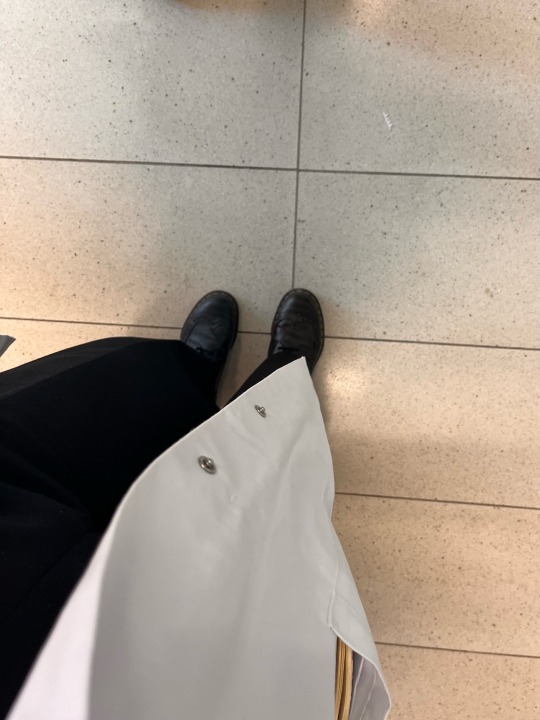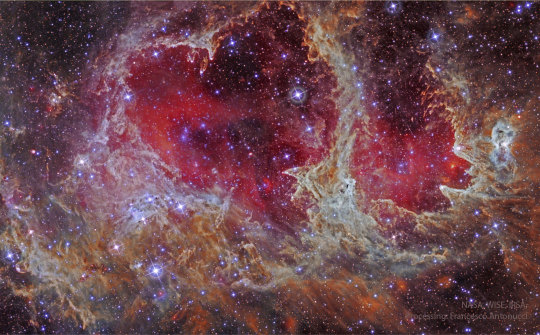any prns | 1st year (astro)physics phd student | #studyblrspace
Last active 60 minutes ago
Don't wanna be here? Send us removal request.
Text




June 1, 2025 - Sunday
Running errands, packing, and spring cleaning is taking up most of my time nowadays. Flowers are blooming everywhere! Tis the season✨🌹
34 notes
·
View notes
Text


M2 diaries 19/100: Despite all the cardiology questions, the day went ok. It was quite hot in the library (without AC) and I found it hard to concentrate. 🫀
78 notes
·
View notes
Text


25/06/26
Today had a theme.
Math. The theme was math. 😵💫
62 notes
·
View notes
Text


6/26 Guys are we so back? Kinda… in a way
Crazy shit went down this week and have barely been able to study the past week. However we check off my main three boxes yesterday
✅study
✅work
✅socialize
May today be the same ✨🌱🤑
32 notes
·
View notes
Text


M2 diaries 19/100: Despite all the cardiology questions, the day went ok. It was quite hot in the library (without AC) and I found it hard to concentrate. 🫀
78 notes
·
View notes
Text

ASTRONOMY PICTURE OF THE DAY June 23, 2025 How do stars form? Images of the star forming region W5 like those in the infrared by NASA's Wide Field Infrared Survey Explorer (WISE, later NEOWISE) satellite provide clear clues with indications that massive stars near the center of empty cavities are older than stars near the edges. A likely reason for this is that the older stars in the center are actually triggering the formation of the younger edge stars. The triggered star formation occurs when hot outflowing gas compresses cooler gas into knots dense enough to gravitationally contract into stars. In the featuredscientifically colored infrared image, spectacular pillars left slowly evaporating from the hot outflowing gas provide further visual clues. W5 is also known as Westerhout 5 (W5) and IC 1848. Together with IC 1805, the nebulas form a complex region of star formation popularly dubbed the Heart and Soul Nebulas. The featured image highlights a part of W5 spanning about 2,000 light years that is rich in star forming pillars. W5 lies about 6,500 light years away toward the constellation of Cassiopeia. Image: https://ift.tt/l3bjQZ9 via NASA https://ift.tt/Lfw26Rt APOD --> https://ift.tt/HrhnMc6
119 notes
·
View notes
Text
Never look up any advice related to what you study because unless you're in IT or engineering you're gonna get told you'll starve to death. If you're in IT they're gonna tell you that anyway because of ai. We're all going go starve to death let's all die
865 notes
·
View notes
Text


May 25, 2025 - Sunday
Applying for jobs, scrolling on tumblr, and trying to make pretty little areas in my room. Idk if this is an unpopular take but in difficult times its much easier to romanticize your life and keep trudging forward if your surroundings at least look pretty 😭✨
74 notes
·
View notes
Text


late night lavender honey matcha and some light reading
149 notes
·
View notes
Text

The Angel Nebula, NGC 2170 // Manel Martín Folch
34 notes
·
View notes
Text

The ρ Ophiuchi Cloud Complex // Patrick Freeman
24 notes
·
View notes
Text




Vera Rubin's First-Ever Images: Virgo Cluster/Trifid&Lagoon
465 notes
·
View notes
Text

23 june 2025
visited (another) botanical garden, I'm quite proud of this picture I took! in other news, I'm continuing to read journal papers for research but I don't have any picture of that haha
🎧 | i'm in love — jelani aryeh
56 notes
·
View notes
Text
when will my thesis defend me
12K notes
·
View notes



